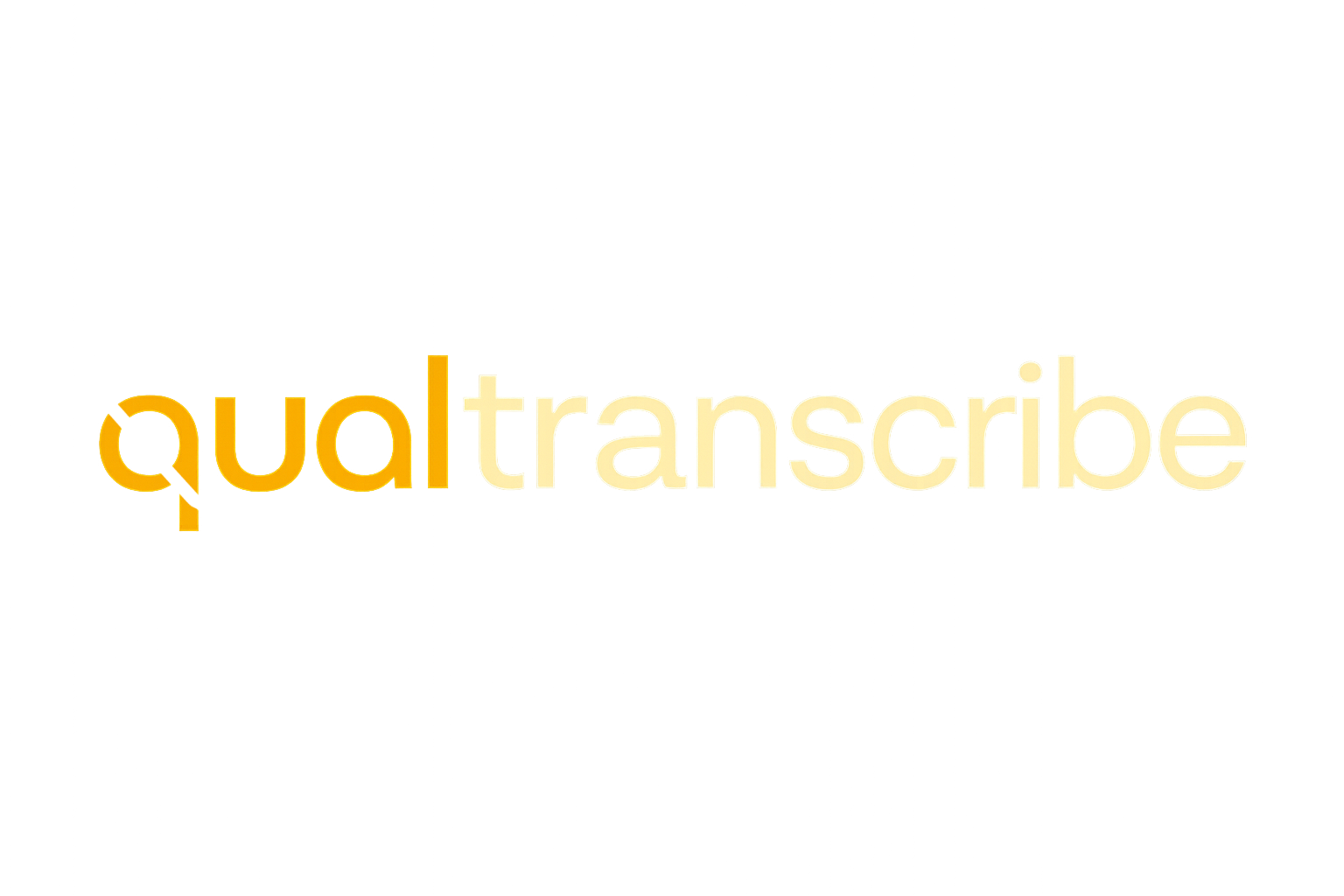Understanding HIPAA Compliance in Transcription
- Matt West
- Mar 21
- 2 min read

Ensuring the security and confidentiality of healthcare data is a critical responsibility for all stakeholders, including transcription service providers. HIPAA compliance is not just a regulatory requirement—it safeguards patient privacy and upholds data integrity.
What is HIPAA Compliance?
The Health Insurance Portability and Accountability Act (HIPAA) of 1996 established strict regulations for handling Protected Health Information (PHI). These standards ensure that medical data is used and disclosed responsibly. HIPAA compliance is enforced by the Department of Health and Human Services (HHS) and monitored by the Office for Civil Rights (OCR), which investigates violations and provides regulatory guidance.
Under HIPAA, organizations handling PHI fall into two main categories:
Covered Entities: Healthcare providers, health plans, and clearinghouses that create, collect, or transmit PHI electronically.
Business Associates: Third-party service providers, including transcription companies, that encounter PHI while working with covered entities.

HIPAA Rules That Apply to Transcription Services
HIPAA regulations impose several key requirements on transcription service providers:
1. The HIPAA Privacy Rule
This rule ensures that PHI is only accessible to authorized individuals. To use a transcription service for PHI, covered entities must establish a Business Associate Agreement (BAA) with their provider, which outlines the responsibilities for data protection.
2. The HIPAA Security Rule
This rule mandates stringent safeguards for handling electronic PHI (ePHI), including:
Technical protections such as data encryption and secure file transfers.
Physical safeguards like controlled access to data storage.
Administrative measures such as staff training and risk assessments.
Covered entities bear the ultimate responsibility for ensuring compliance, even when outsourcing transcription services.
3. The HIPAA Omnibus Rule
This rule extends compliance obligations to Business Associates. A transcription provider claiming HIPAA compliance must sign a BAA to be considered compliant.
When Does Medical Data Require HIPAA Compliance?
Not all healthcare-related data necessitates HIPAA compliance. Some examples include:
Medical conferences: Discussions on general medical research that do not mention patient names or PHI do not require HIPAA compliance.
Focus groups: If participants remain anonymous and no identifiable health information is shared, a HIPAA-compliant workflow is unnecessary. However, if participants disclose treatments they’ve received, compliance becomes essential.
General medical discussions: HIPAA compliance is only required when specific patient data is involved.
Beyond Healthcare: Industries That Require HIPAA Compliance
HIPAA regulations also apply to industries beyond traditional healthcare settings, such as:
Data research firms: If interviews contain Personal Identifiable Information (PII) alongside health-related data, they must follow HIPAA-compliant procedures.
Market research firms: Surveys collecting health-related responses with PII must adhere to HIPAA standards.
Law firms: Attorneys handling cases involving medical malpractice, personal injury, or insurance claims often work with PHI and must ensure compliance.
Ensuring Compliance with HIPAA-Compliant Transcription
The need for HIPAA compliance depends on the content of the data rather than its type. Covered entities bear the legal responsibility for ensuring data is transcribed within a HIPAA-compliant workflow. However, if a patient provides written consent for their data to be used, HIPAA regulations may no longer apply.



